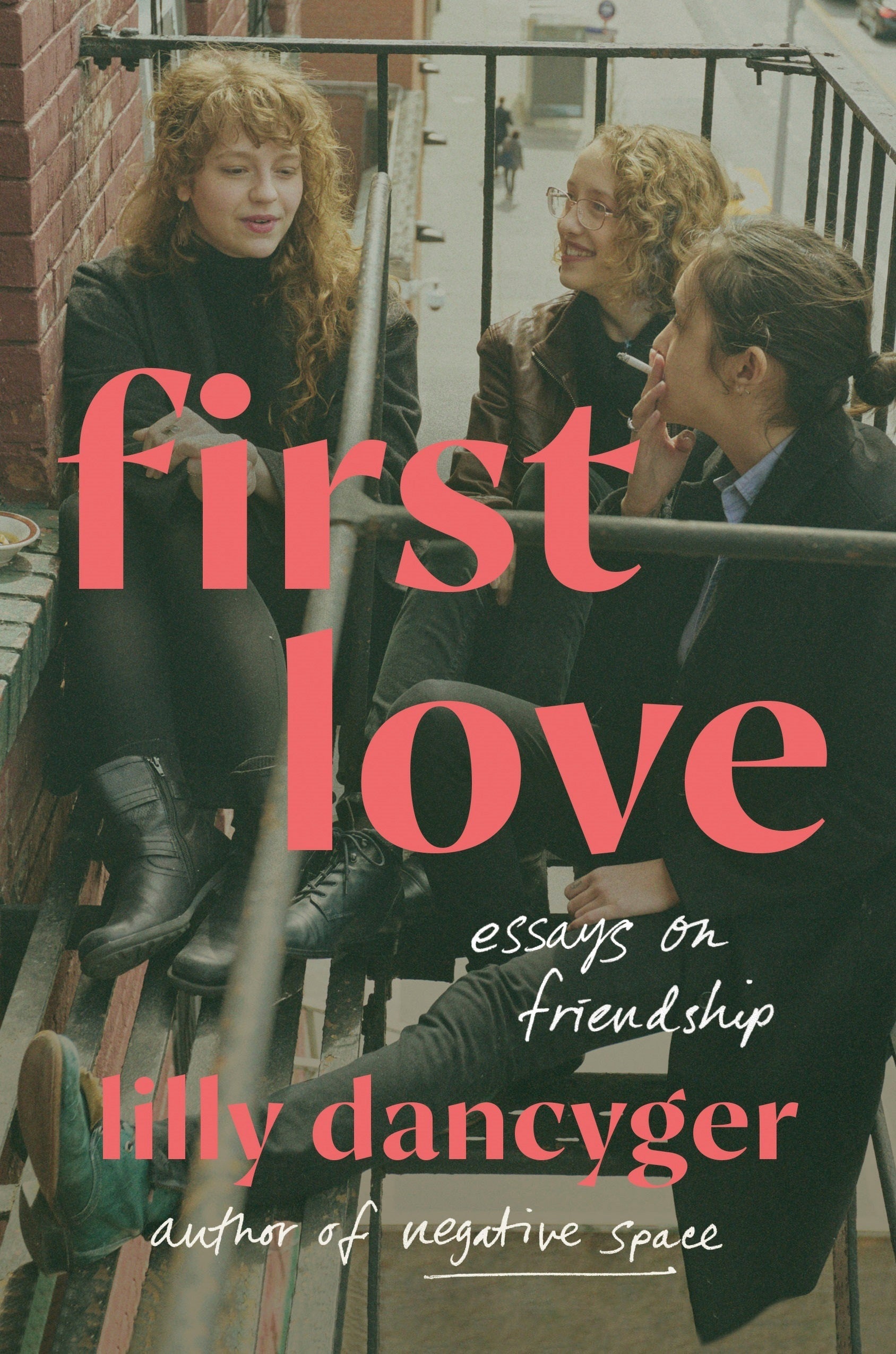Book Review: Memoirist Lilly Dancyger’s penetrating essays explore the power of female friendships
In 2021 Lilly Dancyger’s first book, “Negative Space,” was praised for its unflinching portrait of her father’s heroin addiction

Your support helps us to tell the story
From reproductive rights to climate change to Big Tech, The Independent is on the ground when the story is developing. Whether it's investigating the financials of Elon Musk's pro-Trump PAC or producing our latest documentary, 'The A Word', which shines a light on the American women fighting for reproductive rights, we know how important it is to parse out the facts from the messaging.
At such a critical moment in US history, we need reporters on the ground. Your donation allows us to keep sending journalists to speak to both sides of the story.
The Independent is trusted by Americans across the entire political spectrum. And unlike many other quality news outlets, we choose not to lock Americans out of our reporting and analysis with paywalls. We believe quality journalism should be available to everyone, paid for by those who can afford it.
Your support makes all the difference.Who means more to you — your friends or your lovers? In a vivid, thoughtful and nuanced collection of essays, Lilly Dancyger explores the powerful role that female friendships played in her chaotic upbringing marked by her parents’ heroin use and her father’s untimely death when she was only 12.
“First Love: Essays on Friendship” begins with a beautiful paean to her cousin Sabina, who was raped and murdered at age 20 on her way home from a club. As little kids, their older relatives used to call them Snow White and Rose Red after the Grimm’s fairy tale, “two sisters who are not rivals or foils, but simply love each other.”
That simple, uncomplicated love would become the template for a series of subsequent relationships with girls and women that helped her survive her self-destructive adolescence and provided unconditional support as she scrambled to create a new identity as a “hypercompetent” writer, teacher and editor. “It’s true that I’ve never been satisfied with friendships that stay on the surface. That my friends are my family, my truest beloveds, each relationship a world of its own,” she writes in the title essay “First Love.”
The collection stands out not just for its elegant, unadorned writing but also for the way she effortlessly pivots between personal history and spot-on cultural criticism that both comments on and critiques the way that girls and women have been portrayed — and have portrayed themselves — in the media, including on online platforms like Tumblr and Instagram.
For instance, she examines the 1994 Peter Jackson film, “Heavenly Creatures,” based on the true story of two teenage girls who bludgeoned to death one of their mothers. And in the essay “Sad Girls,” about the suicide of a close friend, she analyzes the allure of self-destructive figures like Sylvia Plath and Janis Joplin to a certain type of teen, including herself, who wallows in sadness and wants to make sure “the world knew we were in pain.”
In the last essay, “On Murder Memoirs,” Dancyger considers the runaway popularity of true crime stories as she tries to explain her decision not to attend the trial of the man charged with killing her cousin — even though she was trained as a journalist and wrote a well-regarded book about her late father that relied on investigative reporting. “When I finally sat down to write about Sabina, the story that came out was not about murder at all,” she says. “It was a love story.”
Readers can be thankful that it did.
___
AP book reviews: https://apnews.com/hub/book-reviews